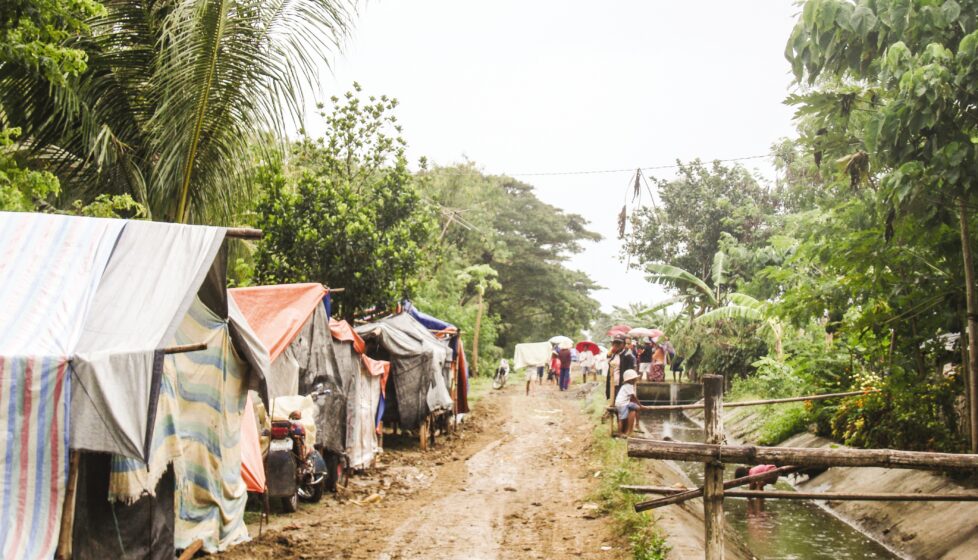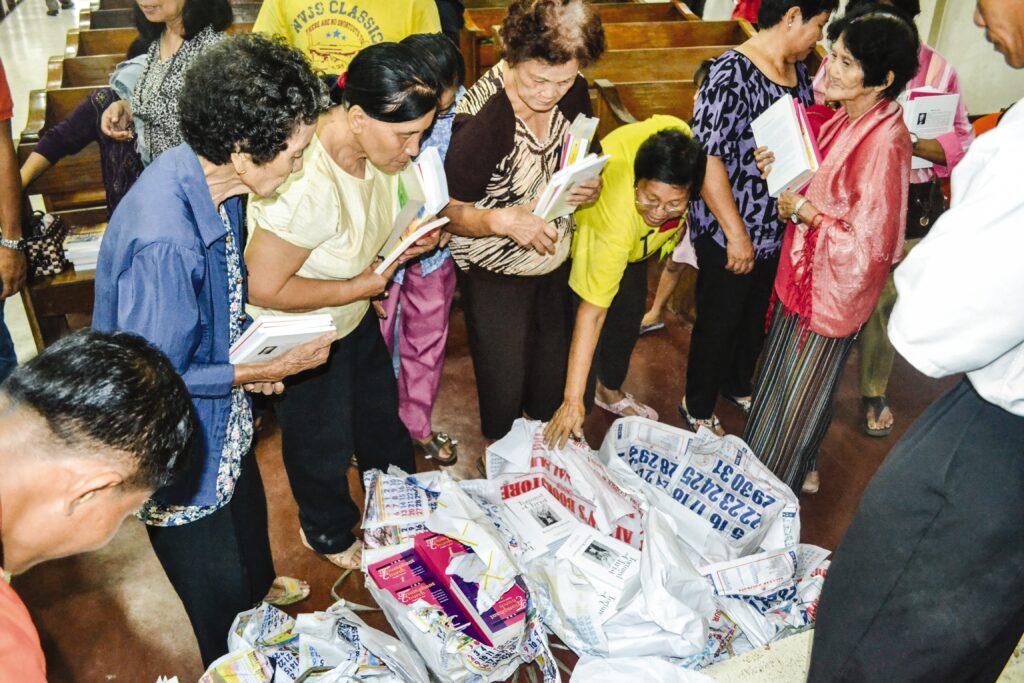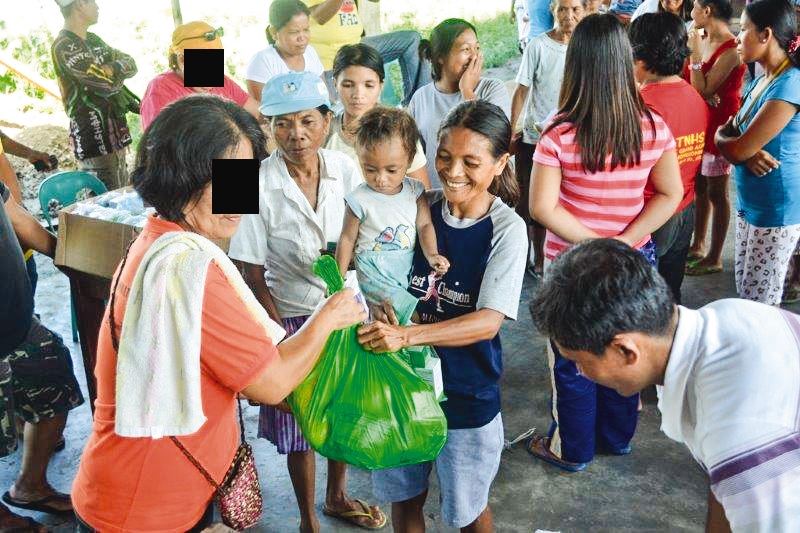Mindanao Village Repeatedly Attacked, Christians Do Not Leave
Philippines

At 10 p.m., Ruth awoke with a start to the sound of nearby bombing. She and her family lived in a small village in central Mindanao, Philippines, an area where Muslim insurgents had been fighting Philippine government forces for decades. But in the 18 years they had lived there, Ruth had never heard fighting so close to their home.
She and her husband, Armando, had moved to the village in 1990 to start a church, which over the years had grown to 20 families. Their village of about 800 households was evenly split between Muslims and Christians, but the Muslim rebels hoped to establish Muslim domination in Mindanao and drive out all Christians.
That night in 2008, Ruth was terrified by the sound of the nearby fighting. She, Armando and their three children ran behind their house, searching their property for a place to hide. Seeing nothing better than the small footbridge that crossed a murky canal behind their house, they quickly crawled under it. They knew there were snakes in the water, but they chose the danger of the snakes over that of the Muslim rebels they could hear advancing on the village.

The couple tried to keep the girls quiet, but they were scared and crying. “We were praying to the Lord to cover us with His precious blood, asking for Him to protect us because we are in the ministry,” Ruth said. They passed the next eight hours until daylight by praying, quietly singing and talking.
As dawn broke the next morning, the family crawled out from under the bridge, muddy and stiff but unharmed by either snakes or the Muslim rebels. They knew that the fighting would resume in the evening, so they gathered a few things from their home before joining their neighbors in a trek up to the main road. They camped in tents for several weeks before their village captain told them government forces had repelled the rebels and their Northern Cotabato village was safe again.

During the next five years, Ruth and her family were forced to evacuate their village because of fighting every year. VOM reported on how we helped believers after two major attacks in the region in 2009, including one attack in which four Christians were killed and six seriously injured by gunfire and mortars. More than 200 Christians were left temporarily homeless from each attack, and VOM helped by providing relief materials. While the rebels are sometimes driven out by government forces, other times they come in and occupy the Christians’ houses and land.
Major attacks occurred again in 2013, in June, July and September, including one on Ruth and Armando’s village. During this most recent attack, rebels abducted several villagers to use as human shields while fleeing from the military.
Ruth and Armando spent a month, from September to October, camping with other village evacuees, living in tents made of tarps and old rice-drying sacks. During the day, they could safely return to their homes and tend to their livestock and gardens, but every night they slept in the tents.
Ruth and Armando choose to stay in the village despite the constant threat of attack and repeated evacuations, even though their children are now all away studying and nothing keeps the couple in the village except their church. “There is a big work in this place,” Ruth said. “Let us continue to serve the Lord even though experiencing this kind of persecution. All these things are happening to us, but God is still great.”
In response to the three village attacks, VOM field workers provided emergency assistance and encouragement to the temporarily displaced believers. A team of workers distributed food, medicine, sleeping mats, mosquito nets and blankets to help meet their immediate needs. “Before we distributed the items, I shared with them about the love of God, telling them that in dark times of life God is looking for His people, letting them know that the supplies are God’s provision from His great love to them and they should be strong in the Lord,” said a VOM field worker. “We joined in praying for all of them for His protection and providence, and then we gave them the supplies.”

Ruth and Armando were among the recipients of these gifts, and they also used their time in the evacuation camp to minister to others. Some of the unbelievers were sad or frustrated, blaming God for their problems. Ruth shared the gospel with them and encouraged them to trust God.
Ruth is firmly committed to serving God, even in difficult circumstances. Suffering isn’t a new idea to her. “Since I accepted Christ I knew [about] it,” she said. “That’s how we can stay here; God will not forsake us.” Her family received a motorbike from VOM in June 2013 to help further their ministry work, and in October 2013 they attended a VOM-sponsored conference for pastors in the region.
Ruth and Armando expect to stay in the village “until the Lord comes back. We are not planning to leave this place,” she said. “God has called us here. If we die, we die.”


 Guide
Guide